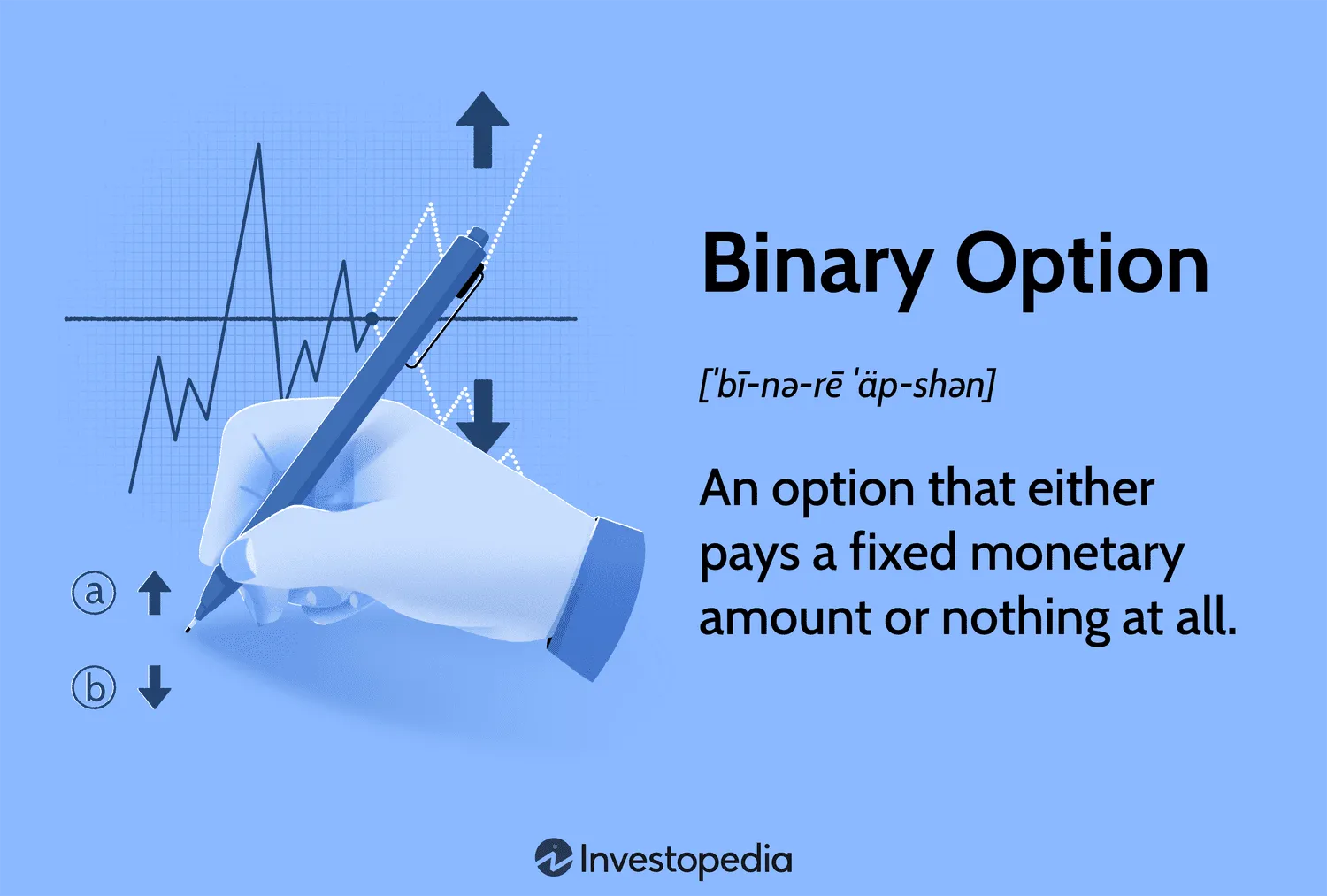Introduction
The rise of cryptocurrency has reshaped how individuals and businesses manage financial transactions. But with innovation comes responsibility—especially when it involves banking. For banks to work with crypto companies, strict regulatory compliance is non-negotiable. That’s where crypto compliance documents play a central role.
These documents provide proof that an individual or organization is operating transparently, securely, and in line with financial regulations. From identity checks to anti-money laundering (AML) policies, banks demand proper documentation before approving any crypto-related account or transaction.
In this article, we’ll explore the 7 essential crypto compliance documents banks need, explain why they’re necessary, and share best practices to ensure smooth compliance.

1. KYC (Know Your Customer) Documents
KYC is the foundation of any compliance process. Banks require individuals and businesses to prove their identity before opening accounts or processing transactions.
Examples of KYC Documents
- Government-issued ID (passport, driver’s license).
- Proof of address (utility bill, bank statement).
- Date of birth and contact details.
Why Banks Require KYC
- To prevent identity theft.
- To reduce fraud and money laundering risks.
- To meet global compliance standards.
For crypto companies, KYC compliance ensures legitimacy and builds trust with both banks and regulators.
2. AML (Anti-Money Laundering) Policies
AML policies outline how a company prevents illegal funds from flowing through its systems.
Common AML Documents Include:
- Written policy explaining monitoring practices.
- Risk assessment frameworks.
- Record-keeping systems for suspicious activity reports.
Importance for Banks
Banks must demonstrate they are not supporting money laundering activities. Strong AML documentation reassures them that the crypto business is compliant with international laws.
3. Proof of Funds and Source of Wealth
Banks often request evidence of where crypto traders or companies obtained their funds.
Acceptable Proof Includes:
- Salary slips or employment contracts.
- Invoices and business contracts.
- Transaction history from exchanges.
Why It Matters
Banks use this to verify that the money entering their systems comes from legitimate sources. Without these crypto compliance documents, accounts can be frozen or rejected.
4. Company Incorporation and Licensing Documents
For crypto startups, proper registration is crucial. Banks want to confirm that a business is legally established.
Typical Documents
- Business registration certificate.
- Articles of incorporation.
- Relevant crypto licenses (depending on jurisdiction).
Bank’s Perspective
Legal documents prove the company exists within regulatory frameworks. This minimizes the risks of dealing with fraudulent or unregistered firms.

5. Transaction Records and Audit Trails
Transparency is everything in financial compliance. Banks may ask for transaction history to ensure funds are legitimate.
Examples of Records
- Exchange trading logs.
- Blockchain wallet addresses.
- External audit reports.
Why They’re Essential
Audit trails show accountability. They help banks trace the flow of funds, ensuring no illicit activity is hidden within the crypto ecosystem.
6. Tax Compliance Documents
Tax reporting has become a central focus for regulators worldwide.
Commonly Requested Documents
- Annual tax filings.
- Proof of paid crypto taxes.
- Accounting records showing crypto gains/losses.
Relevance for Banks
When crypto companies provide proper tax compliance, banks view them as trustworthy. This lowers the risk of penalties or government intervention.
7. Risk Assessment and Compliance Program Overview
Banks often demand a full overview of a crypto company’s internal compliance strategy.
This May Include:
- Employee training manuals.
- Internal audit procedures.
- Compliance officer details.
Why It’s Needed
By reviewing these crypto compliance documents, banks assess whether the company is proactive about preventing fraud, money laundering, and cybercrime.
Additional Documents Banks Might Request
Beyond the essentials, some banks may ask for:
- Proof of insurance.
- Partnership agreements.
- Cybersecurity certifications.
The more comprehensive the documentation, the stronger the relationship between banks and crypto businesses.
Best Practices for Preparing Crypto Compliance Documents
- Stay Updated on Regulations
Laws differ across countries—always check the latest compliance requirements. - Maintain Digital and Physical Copies
Banks prefer well-organized records that are easy to verify. - Hire Compliance Experts
For businesses, a dedicated compliance officer ensures accuracy and reduces mistakes. - Be Transparent
Hiding or manipulating data can lead to permanent bans from banking systems.

Common Mistakes to Avoid in Crypto Compliance
- Submitting incomplete documents.
- Ignoring local tax laws.
- Using unlicensed exchanges.
- Overlooking employee compliance training.
These errors delay approval processes and may even result in legal penalties.
Why Crypto Compliance Matters for Banks
Banks operate under strict global regulations. If they fail to comply, they risk losing licenses, paying huge fines, or damaging their reputation. By demanding crypto compliance documents, banks protect themselves while ensuring the crypto industry operates within safe and legal boundaries.
Here’s where a power keyword fits: “Proven strategies that boost success instantly in crypto compliance are rooted in accurate documentation, transparency, and ongoing monitoring.”
Conclusion
The relationship between banks and cryptocurrency businesses depends on trust, transparency, and proper documentation. By preparing essential crypto compliance documents—including KYC, AML, tax, and audit reports—companies can seamlessly integrate into the traditional banking system.
For individuals and businesses alike, compliance is not just about following rules. It’s about building credibility, securing long-term partnerships, and ensuring financial safety in a fast-evolving digital economy.
In short, if you want banks to support your crypto journey, be ready with the right documents. They are your key to unlocking smooth, secure, and legitimate transactions in the world of cryptocurrency.





